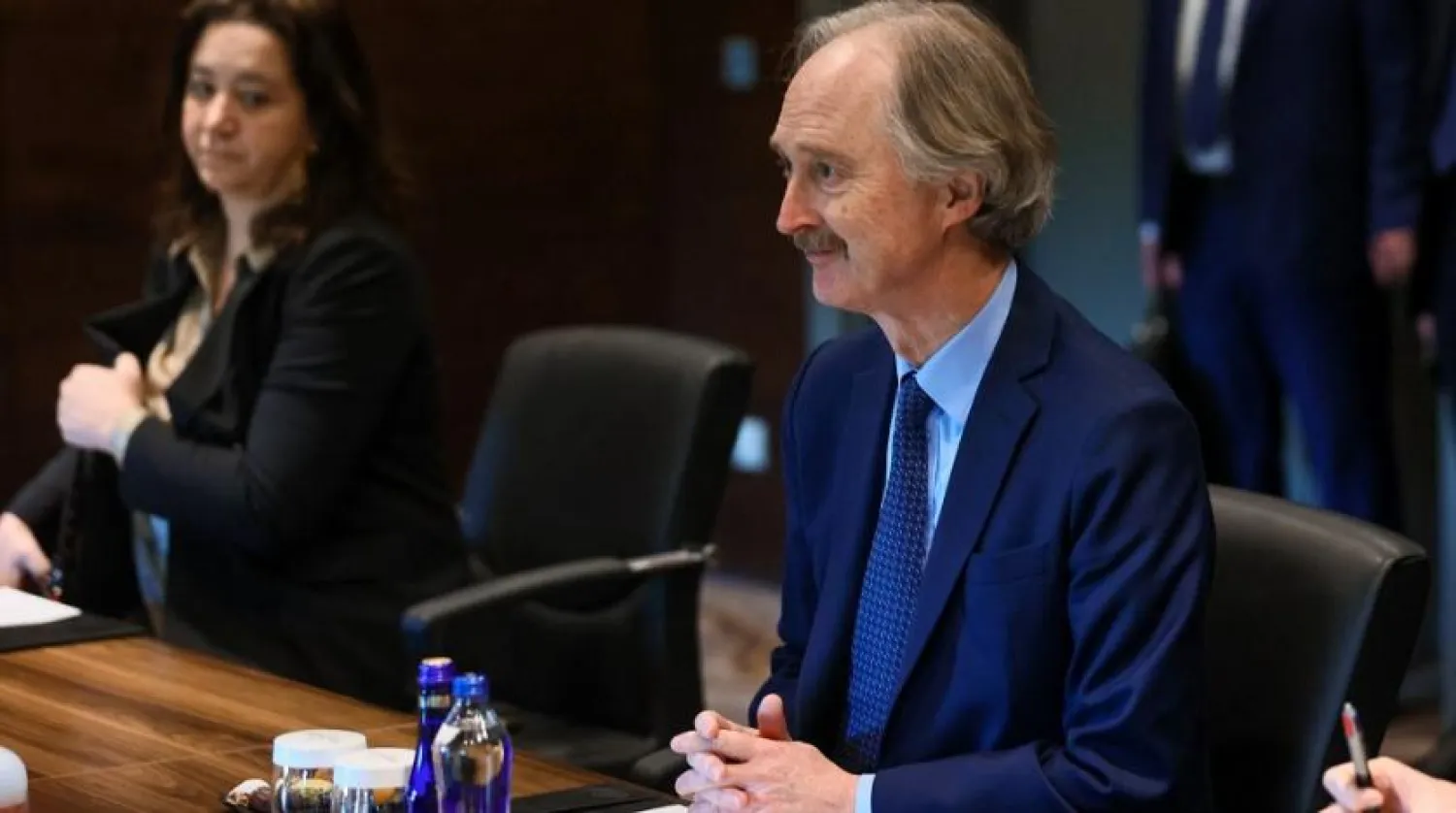An eighth round of talks on a new constitution for Syria concluded Friday with rival parties having made very little headway, the United Nations mediator said.
The Syrian Constitutional Committee was created in September 2019 and first convened a month later, AFP said.
The tentative negotiations are aimed at rewriting the war-torn country's constitution. It is hoped the talks could pave the way towards a broader political process.
The discussions between 15 representatives each from President Bashar al-Assad's government, the opposition, and civil society are mediated by UN envoy Geir Pedersen.
But the Norwegian diplomat said this week's eighth round of talks, co-chaired by the leaders of the government and the opposition delegations, had made scant progress.
The talks discussed constitutional principles, including preserving and strengthening state institutions, the supremacy of the constitution and the hierarchy of international agreements, and transitional justice.
One day was spent discussing draft constitutional texts on each principle, presented by a delegation.
On Friday's fifth day, delegations submitted revisions to the texts following the week's discussions.
"On some, the differences remained significant. On others, there were areas of potential common ground," Pedersen's office said in a statement.
"At the same time, the special envoy has identified the slow pace of work, and the continuing inability to identify and conclude concrete areas of provisional agreement, as areas where there is much room for improvement.
"He has agreed with the co-chairs on the importance of working out ways to expedite the work and produce results and continued progress, and has shared ideas for their consideration.
"He reiterates his appeal to all members to work with a sense of compromise and to work towards constitutional texts that would likely attract broad support among Syrians."
The co-chairs agreed to hold a ninth session of talks in Geneva from July 25 to 29.
Syria's civil war erupted in 2011 after the violent repression of protests demanding regime change.
It quickly spiraled into a complex conflict that pulled in numerous actors, including jihadist groups and foreign powers. The war has left around half a million people dead and displaced millions.
Throughout the war, the United Nations has been striving to nurture a political resolution.









